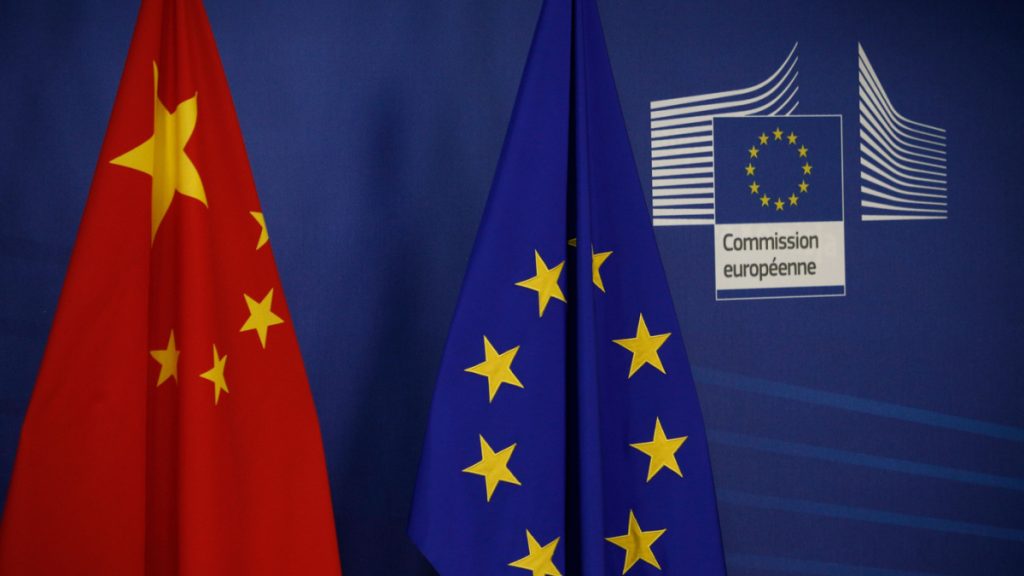
EU’s economic security strategy unveils plan to ban European companies from producing sensitive tech in China.
- EU’s Economic Security Strategy targets supercomputers, artificial intelligence, and advanced microchips.
- Strategy includes a review of inbound investment screening, enhanced export controls, and outbound investment screening.
On June 21, the European Union (EU) has unveiled its intentions to prohibit European companies from manufacturing sensitive technologies, including supercomputers, artificial intelligence, and advanced microchips, in countries such as China.
The European Economic Security Strategy, presented by Commission President Ursula von der Leyen, aims to exert greater influence over the investment and trade activities of European companies globally. The EU heads of government and state are expected to discuss these proposals at the upcoming June 29-30 summit.
While the document refrains from explicitly naming China, it is evident that Beijing, along with Russia, is the primary target of this strategy. EU competition chief Margrethe Vestager clarified during a press briefing that the strategy is “country agnostic.” However, the EU intends to employ a “geopolitical filter” when evaluating risks, recognizing that supply dependencies on systemic rivals should be treated differently from those on allies. The strategy aligns with discussions held at the recent G7 summit, where reducing exposure to China was a prominent theme.
While von der Leyen acknowledged China’s importance as a global partner in addressing challenges such as climate change, she stated to POLITICO that “the vast majority of trade and economic relations with countries and also China is business as usual.”
The European Union (EU) has unveiled a comprehensive economic security strategy to restrict the manufacturing of sensitive technologies, including quantum computing, artificial intelligence, and advanced semiconductors, in countries like China.
The plan involves reviewing inbound investment screening, enhancing export controls, and implementing outbound investment screening to prevent the outsourcing of key industries and technology to potentially problematic nations. The move is driven by concerns over European intellectual property and national security risks associated with excessive outsourcing.
Tobias Gehrke of the European Council on Foreign Relations emphasized the need for a unified approach, stating, “The EU’s division between trade instruments… is increasingly inadequate in the face of… rivalry where economic security and national security are intertwined.” While some EU member states and businesses express caution, the EU executive aims to finalize the initiative by year-end.
As a diplomat from an EU member state said, “we need some time to reflect on this… before we start talking about next steps.”
Inside Telecom provides you with an extensive list of content covering all aspects of the tech industry. Keep an eye on our Impact section to stay informed and up-to-date with our daily articles.